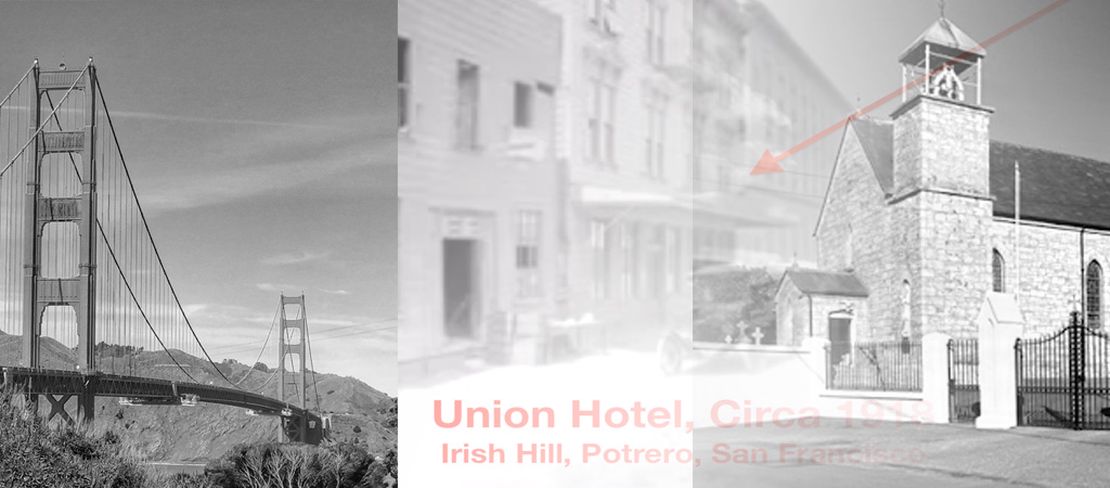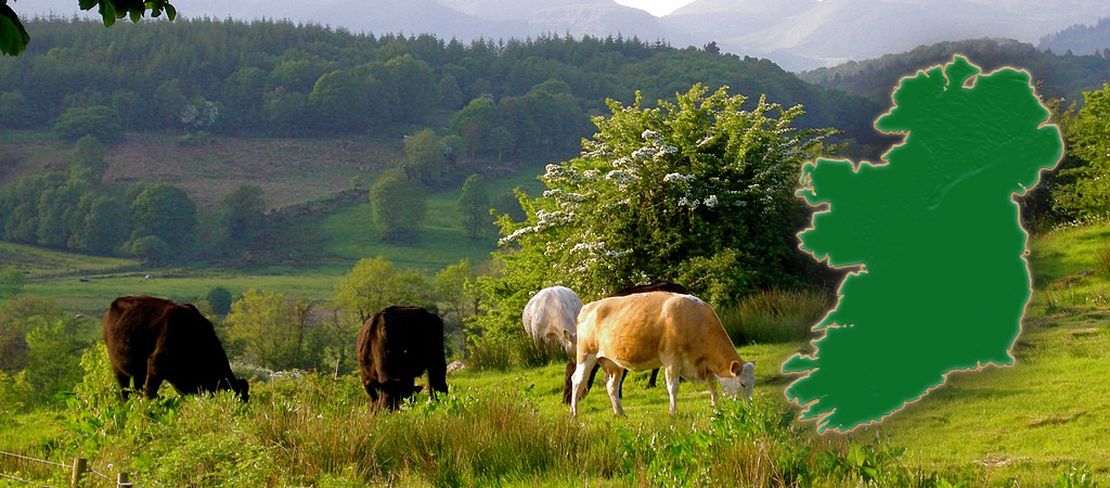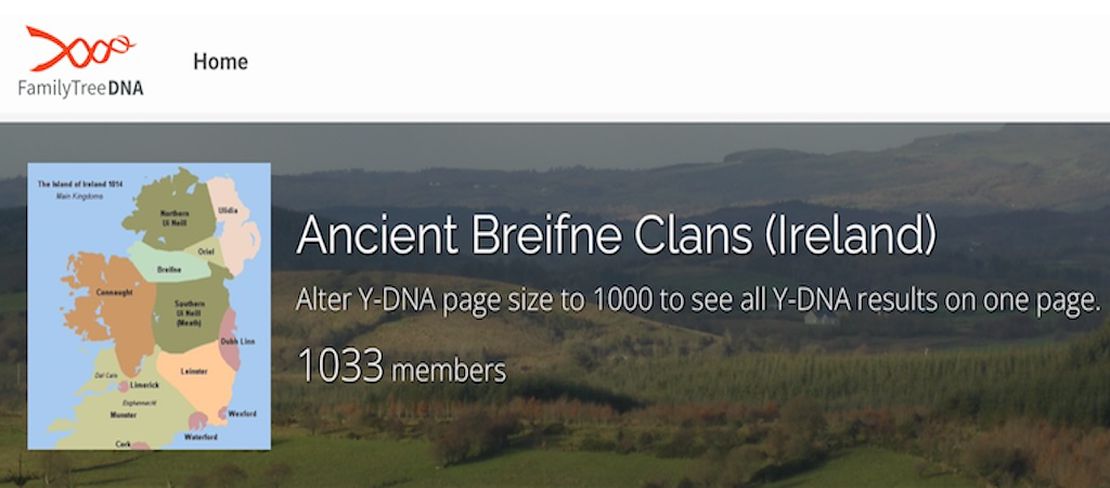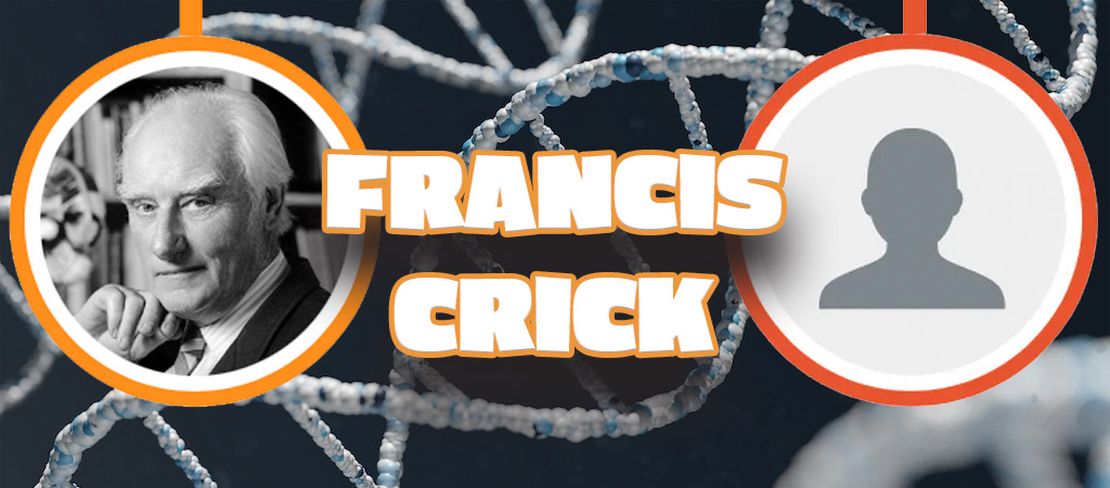
Francis Crick
- Kevin McManus
- Connections
- July 1, 2022
Table of Contents
You (R-FT194071) and Francis Crick (R-M269) share a common paternal line ancestor (R-M269) who lived around 3900 BCE (6,000 years ago).
Francis Crick (1916–2004) was born in the small village of Weston Favell near the English town of Northampton. At an early age, Francis was captivated by science and devoured books on a variety of topics, learned glass blowing from an uncle, and performed experiments that helped set the stage for his later work. Crick studied at University College London, earning a Bachelor of Science. He began his Ph.D. work at UCL, but World War II interrupted this effort. Francis later became a Ph.D. student and Honorary Fellow of Gonville and Caius College and did most of his work at the Cavendish Lab in Cambridge.
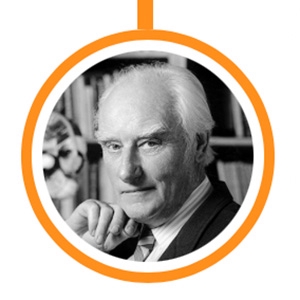 Crick described his first Ph.D. research project on measuring the viscosity of water at high temperatures as “the dullest problem imaginable
Crick described his first Ph.D. research project on measuring the viscosity of water at high temperatures as “the dullest problem imaginable
Francis Crick, James Watson, Rosalind Franklin, and Maurice Wilkins were key in deciphering the helical structure of the DNA molecule.
Their published works in 1953 laid the groundwork for understanding DNA and its functions. Watson and Crick were jointly awarded the 1962 Nobel Prize in Physiology or Medicine.
During the latter part of his brilliant career, Francis Crick held the post of J.W. Kieckhefer Distinguished Research Professor at the Salk Institute for Biological Studies in La Jolla, California.
His later research centered on attempts to advance the study of human consciousness. He remained at this post until his death.
“He was editing a manuscript on his death bed, a scientist until the bitter end,” shared one fellow researcher. Information Sourced from Wikipedia, WikiTree, and Nobelprize.org.
